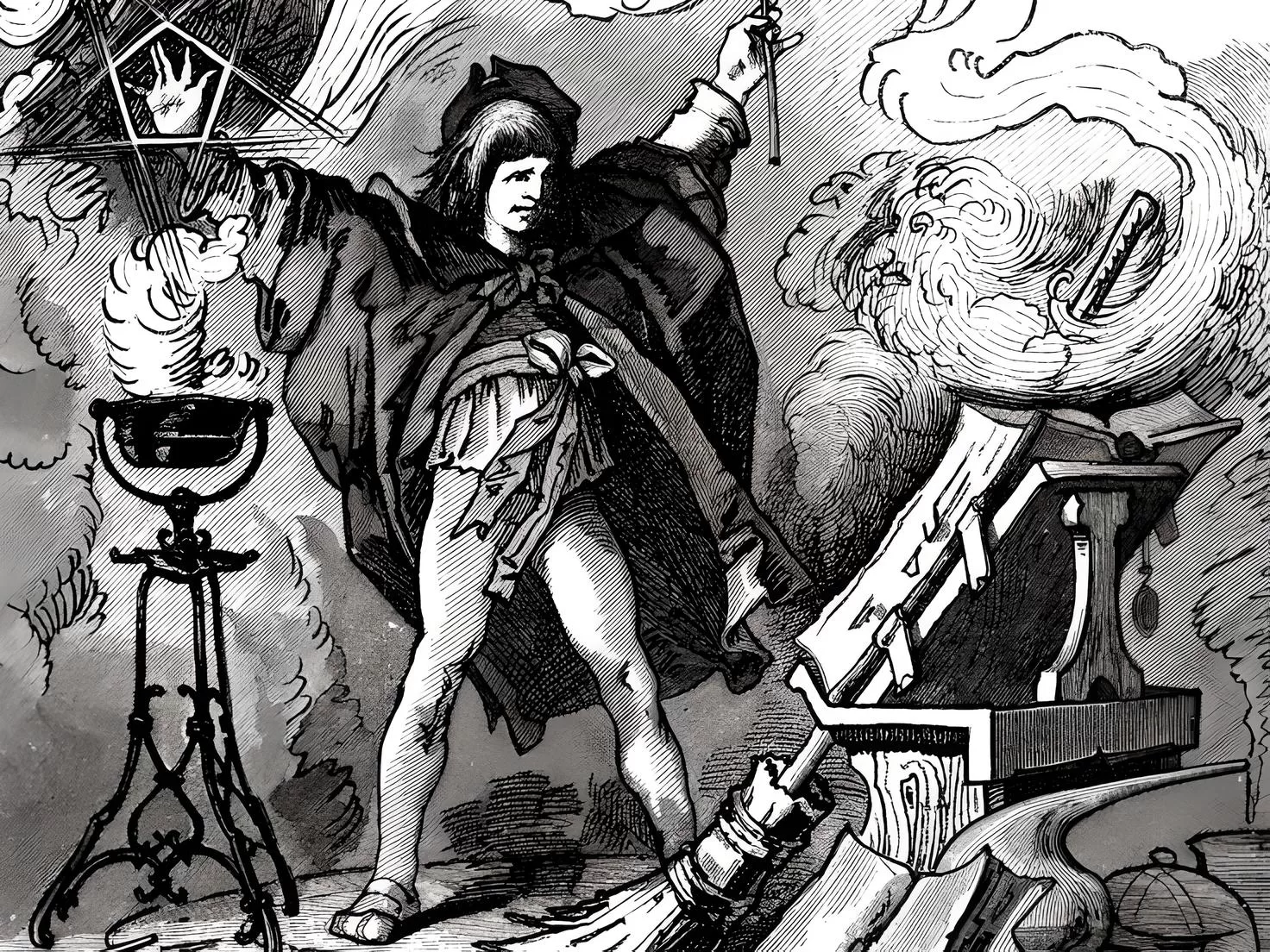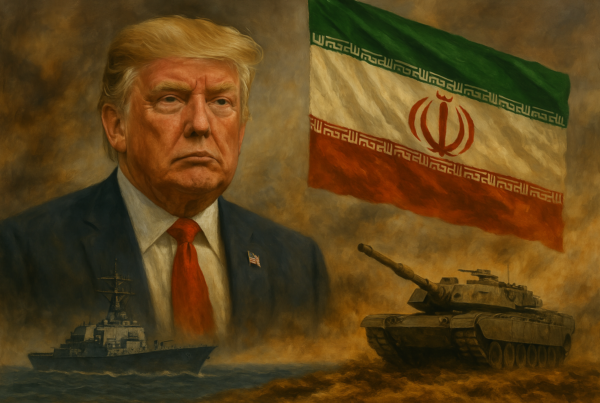Artificial intelligence (AI) — hardly any other term is used as frequently when discussing visions of a highly technological, advanced society. It is intended not only to make our lives easier and take over some of our work: the boldest visionaries of technological development in Silicon Valley, such as Raymond Kurzweil and Elon Musk, even promise that it will achieve the old Faustian dream of transcending the limits of the human body. With the aid of technology, humans are supposed to become superhumans and exponentially increase their cognitive abilities, according to Elon Musk, the head of Tesla, the platform X, and also Neuralink. With his Neuralink chip, which is implanted directly into the human brain — and according to Musk himself, human trials are already underway — it should initially help in treating severe brain diseases. And according to Raymond Kurzweil, the head of technical development at Google (which is part of the US tech giant Alphabet), technological progress should not only grant us eternal life but also, within the ‘Internet of Things’, lead to unprecedented knowledge during a sudden surge in progress, known as the singularity. This avant-garde of transhumanism seeks to achieve eternal life in this world by gradually transforming humans into machines or uploading their minds to a cloud. Meanwhile, an increasing number of scientists like Geoffrey Hinton and philosophers like Alexander Dugin and Alain de Benoist are warning about the dangers of AI. Thus, it is time for me to explore the possibilities and dangers of AI more closely.
‘The Great Transformation’
The Algorithm as the Key to the Total Dominion of the Globalists
Cybernetics: How Humans Voluntarily Become Slaves to Technology
Pegasus and Lavender: The Dark Side of Artificial Intelligence
Regulations against the Misuse of Artificial Intelligence, Introspection instead of Focus on the Material
The spirits I have summoned
I cannot now dismiss.







